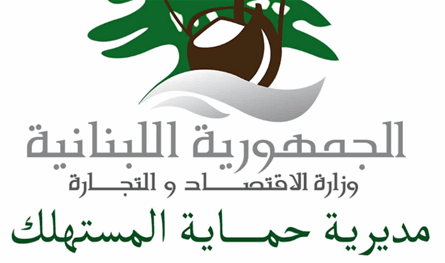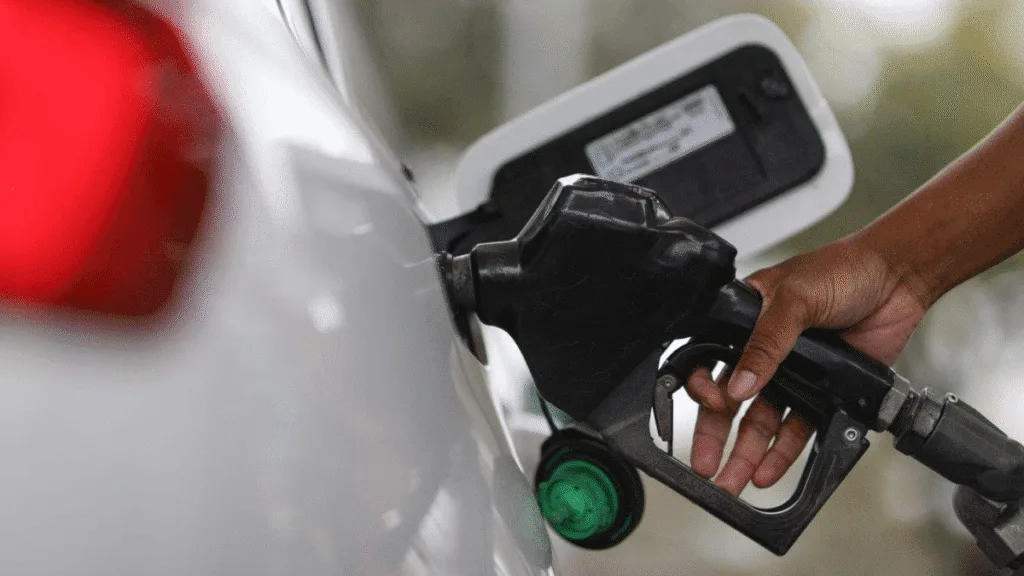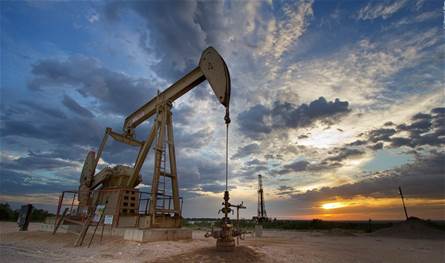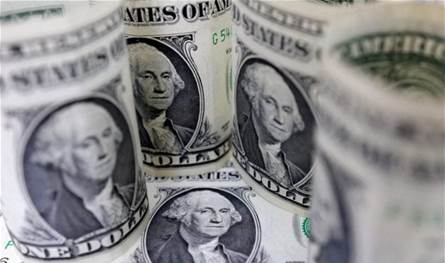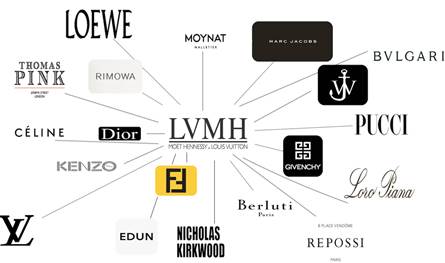
The Kurdistan region of Iraq is witnessing a broad economic transformation that puts it on the regional investment map, with an ambitious plan aimed at attracting 20 million tourists by 2030 and attracting billions of dollars in investments in the agricultural, industrial, and real estate sectors.
During the past five years, the region has attracted $20 billion through more than 400 new projects, at a time when the regional government is seeking to reduce dependence on oil, whose reserves amount to about 45 billion barrels, and gas at 177 trillion cubic metres.
The head of the region’s investment authority, Dr. Muhammad Shukri, speaking to Sky News Arabia: “We are working to build a diversified economy based on agriculture, food industries, and renewable energy, while providing full protection for foreign capital and tax facilities of up to ten years.”
He pointed out that the investment law in Kurdistan “guarantees the investor the freedom to transfer profits and obligates the employment of 75% of local cadres,” which enhances the transfer of knowledge and experience.
Tourism is one of the most prominent pillars of growth in the region, as archaeological sites such as Erbil Citadel and Cork and Galle Ali Bey resorts are being developed in partnership with international brands such as Radisson Blu.”
The region is also counting on its partnerships with the UAE, France, and the Netherlands in agricultural, industrial, and tourism projects, as part of a long-term investment vision aimed at transforming Kurdistan into a model for sustainable development in the Middle East.



